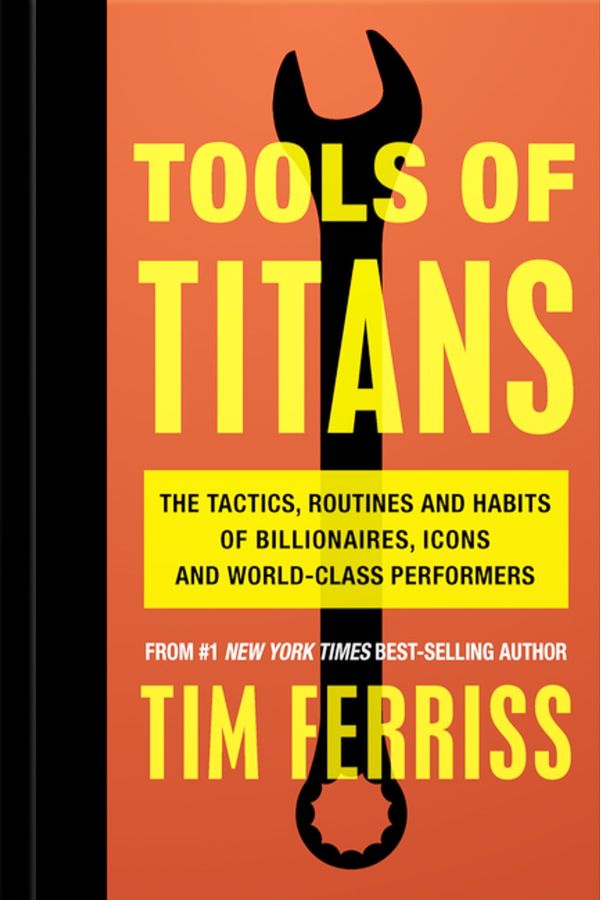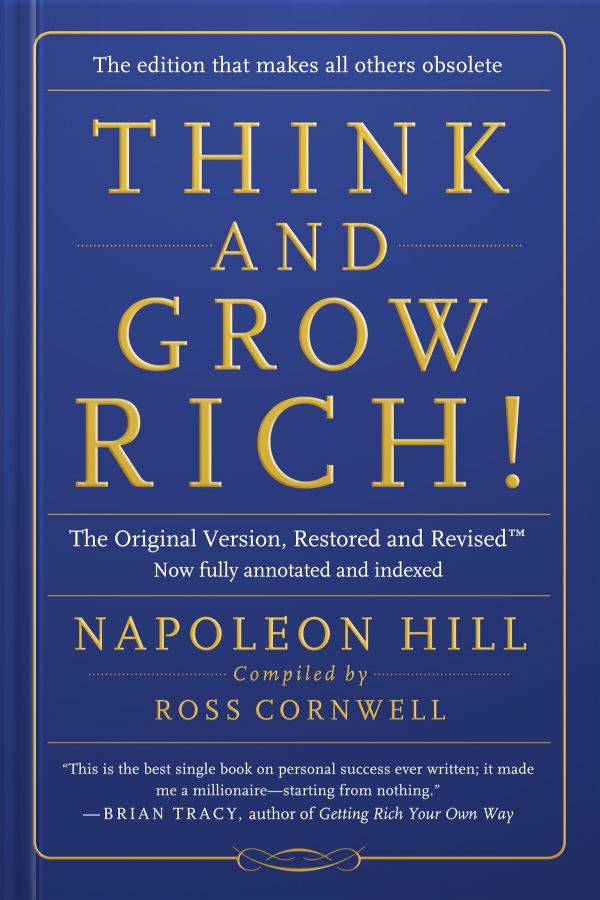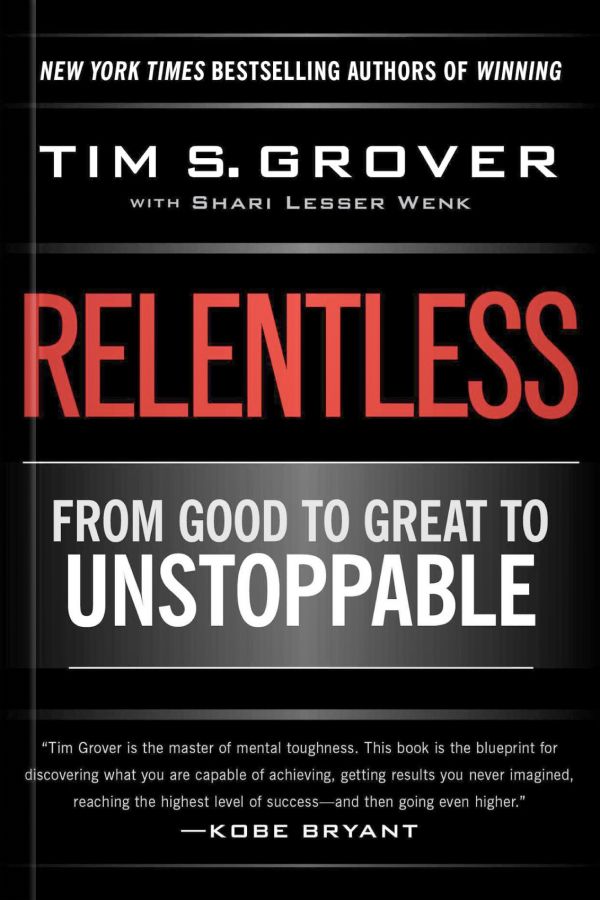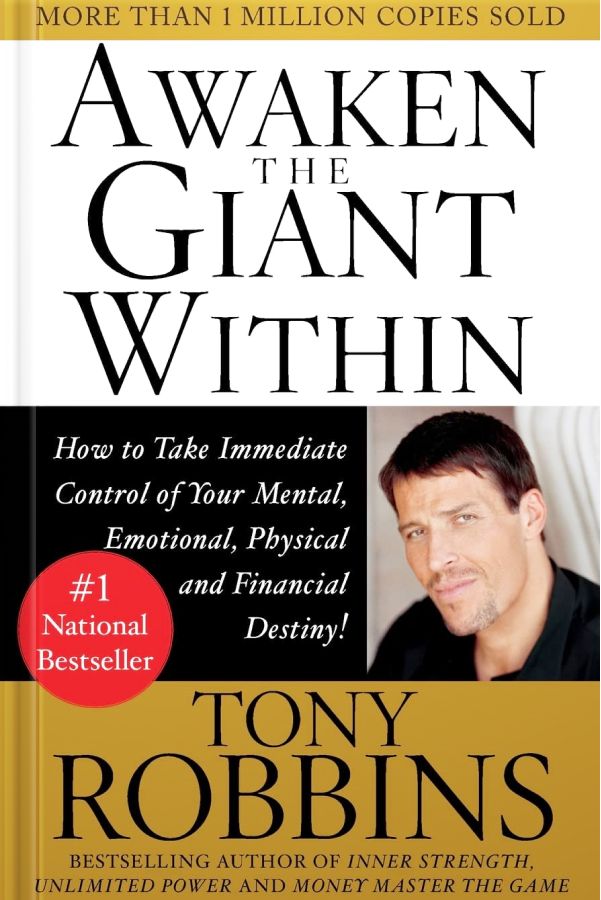
Psychology
Unfu*k Yourself by Gary John Bishop
1. Embrace Action: Take the First Step
Gary John Bishop asserts that
"a lack of skill is no reason to hold yourself back."
He advocates for action, arguing that most tasks are not as complex as they appear and that trying holds more value than being an expert.
For example, if you've always wanted to learn a new language but feel overwhelmed by the task, Bishop's advice would be to start learning a few words daily, slowly building up your knowledge over time.
2. Adopt a Winning Mentality: Refuse to Lose
"Choosing to 'do' puts you in a state of winning," says Bishop.
He believes engaging in tasks and activities that matter to you sets you up for success.
In the workplace, for example, focusing on projects you're genuinely invested in will yield better results and foster a greater sense of accomplishment.
3. Practice Optimism: Your Circumstances Aren't the Worst
Bishop encourages readers to "see downfalls as opportunities for growth."
This positive perspective can be transformative in handling life's challenges.
If you've been laid off, for example, Bishop would advise seeing this not as a setback but as an opportunity to pursue a new career path or gain new skills.
4. Embrace Risk: Let Go of Certainty
"Success involves taking risks," says Bishop, criticizing the habit of clinging to the familiar.
Escaping your comfort zone can lead to substantial personal and professional growth.
5. Act on Your Desires: Stop Controlling Your Thoughts
Bishop insists that:
"action on desires can bring about significant change."
He advises acting on thoughts that align with your goals and ambitions, implying that change is a product of action rather than thought alone.
6. Control Emotions: Replace Envy with Change
Bishop believes in
"controlling emotions rather than blocking them."
This shift allows for more rational decision-making. Instead of envying a colleague's promotion, use that feeling to motivate you to work towards your career advancements.
7. Value the Journey Over the Destination
According to Bishop:
"the end of your journey is more important than the goal."
Emphasizing the importance of the process over the outcome, he urges readers to focus on doing rather than wishing.
8. Take Responsibility: Avoid Blaming
"Good things come to those who take responsibility,"
Bishop preaches. He criticizes the habit of blaming others for personal failures, citing it as a refusal to accept responsibility or an inflated sense of self.
9. The Steps to Freedom
Bishop provides a two-step approach to personal liberation:
"Identify and stop self-sabotaging behaviors, then identify and perform actions that align with your end goal."
He views self-awareness and aligned action as key tools for personal advancement and freedom.


















